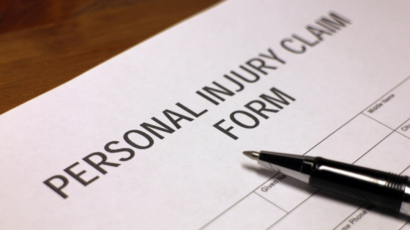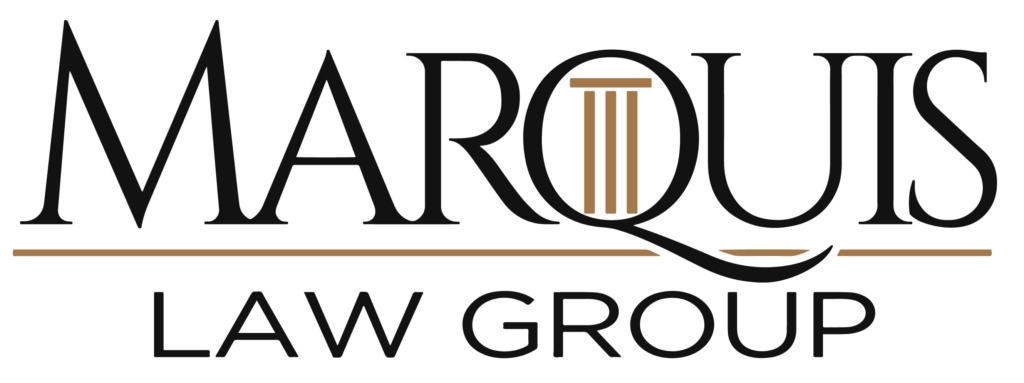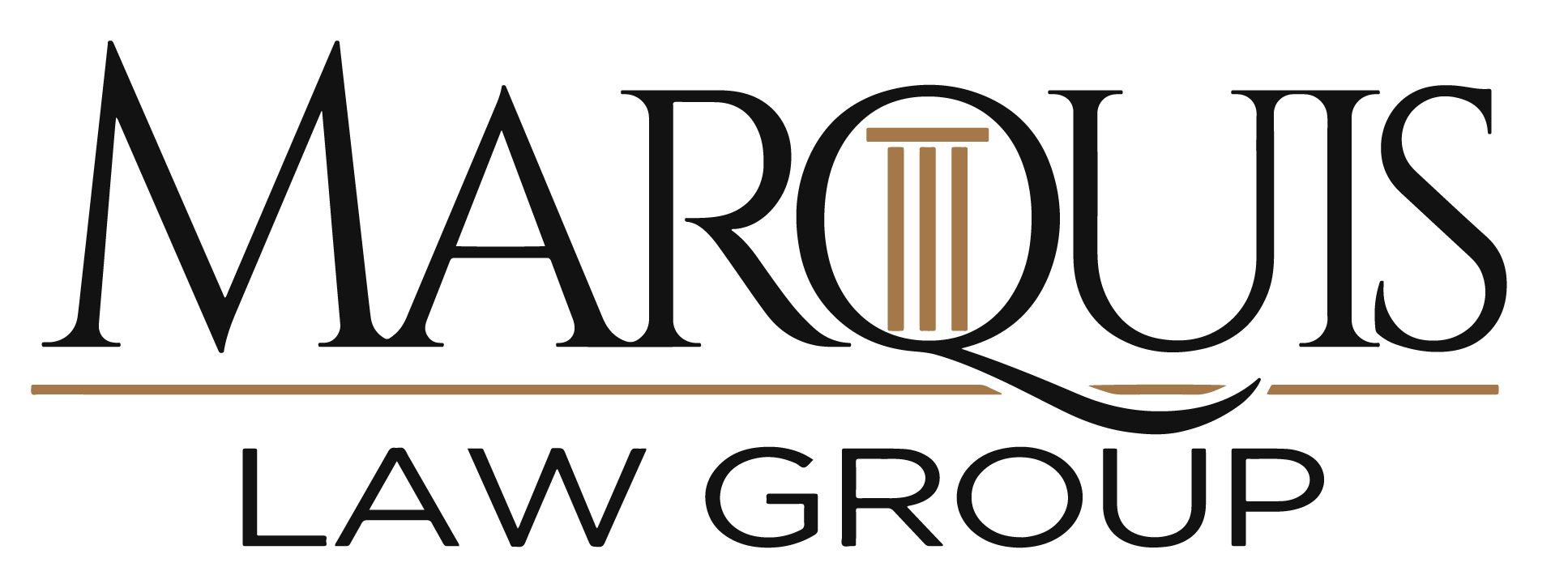 Personal injury refers to harm caused to an individual’s body, mind, or emotions due to another party’s negligence or intentional actions. It encompasses a broad range of incidents, from car accidents, truck accidents, and slip-and-falls to medical malpractice and assault.
Personal injury refers to harm caused to an individual’s body, mind, or emotions due to another party’s negligence or intentional actions. It encompasses a broad range of incidents, from car accidents, truck accidents, and slip-and-falls to medical malpractice and assault.
Workers’ compensation, on the other hand, is a system designed to provide financial and medical benefits to employees who suffer injuries or illnesses in the course of their employment. It operates on a no-fault basis, meaning that the injured worker is entitled to compensation regardless of who caused the incident.
Importance of Understanding the Differences
Understanding the distinctions between personal injury and workers’ compensation is crucial for individuals navigating the aftermath of an injury. The choice between pursuing a personal injury case or a workers’ compensation claim depends on various factors, including the nature of the injury, the circumstances surrounding it, and the available legal remedies.
Personal Injury Case
A personal injury case constitutes a civil lawsuit initiated against a responsible party accountable for causing physical or emotional harm. In contrast to a workers’ compensation claim, establishing negligence on the part of another party is a fundamental requirement in a personal injury case. Additionally, it is imperative to demonstrate that the accident stemming from this negligence led to financial losses directly attributable to the lack of care exhibited by the other individual or entity.
Success in a personal injury case opens the avenue to seek compensation for various damages, encompassing tangible losses like medical expenses and lost wages and intangible ones such as emotional pain and suffering.
Accidents
Accidental personal injuries result from unforeseen events, such as car accidents, slips, trips, and falls. These cases often hinge on proving negligence, demonstrating that the responsible party failed to exercise reasonable care.
Intentional Acts
Personal injuries can also arise from intentional actions, such as assault or battery. In such cases, the focus shifts from negligence to the intent of the wrongdoer, which can impact the legal consequences.
Liability in Personal Injury Cases
Negligence
Negligence is a common legal principle in personal injury cases. To establish liability, the injured party must demonstrate that the defendant owed a duty of care, breached that duty, and that the breach directly caused the injuries.
Strict Liability
In some cases, strict liability applies, eliminating the need to prove negligence. This typically occurs in product liability cases where a defective product causes harm, and the manufacturer is held strictly liable.
Compensation in Personal Injury Cases
Damages Available
Personal injury damages cover a wide spectrum, including medical expenses, lost wages, pain and suffering, emotional distress, and punitive damages in cases of extreme negligence or intentional harm.
Role of Insurance
Insurance plays a significant role in personal injury cases, as liability insurance of the responsible party often covers the damages awarded to the injured party.
Workers’ Compensation
Workers’ compensation is a system established to provide swift and certain benefits to employees who suffer work-related injuries or illnesses. It operates as a no-fault system, ensuring injured workers receive compensation regardless of fault.
The establishment of the workers’ compensation system aimed to facilitate the expeditious processing of injury claims by employees. One notable factor contributing to the swift handling of these claims is the absence of a requirement to prove negligence on the part of another party in allowing the accident to transpire.
In return for a quicker compensation process, employees relinquish their right to pursue legal action for pain and suffering or seek punitive damages. Instead, the injured employee receives coverage for medical expenses and lost wages through an insurance company.
Types of Workplace Injuries Covered
Accidents
Work-related accidents, such as falls or machinery malfunctions, are commonly covered by workers’ compensation. The focus is on the fact that the injury occurred in the course of employment.
Occupational Diseases
Workers’ compensation also covers illnesses or diseases that result from workplace conditions, such as exposure to hazardous substances over an extended period.
No-Fault System and Exclusivity
No-Fault Nature of Workers’ Compensation
Unlike personal injury cases, workers’ compensation operates on a no-fault basis. Injured employees are entitled to benefits regardless of whether the employer or the employee was responsible for the injury.
Exclusivity of Workers’ Compensation Benefits
In exchange for swift and guaranteed benefits, employees generally relinquish their right to sue their employers for additional damages. Workers’ compensation benefits are exclusive, providing a streamlined system for resolving workplace injury claims.
Key Differences
Personal Injury Requires Proving Fault
Personal injury cases hinge on establishing fault and negligence on the part of the responsible party. This involves demonstrating that the defendant’s actions or inactions directly caused the injuries.
Workers’ Compensation is a No-Fault System
In contrast, workers’ compensation operates on a no-fault basis. The focus is on the fact that the injury occurred during the course of employment, irrespective of fault.
Types of Compensation
Personal Injury Damages Are Broader
Personal injury damages cover a wide range of losses, including economic and non-economic damages, as well as punitive damages in certain cases.
Workers’ Compensation Benefits Are Specific
Workers’ compensation benefits are more specific and include medical expenses, rehabilitation costs, and a portion of the injured worker’s wages during their recovery. There is no provision for pain and suffering or punitive damages.
Legal Process
Personal Injury Lawsuits
Personal injury cases involve filing a lawsuit, gathering evidence, engaging in discovery, and potentially going through a trial. The legal process can be lengthy and adversarial.
Workers’ Compensation Claims
Workers’ compensation claims follow a more streamlined process. Injured workers typically file a claim with their employer or the workers’ compensation board, and benefits are often awarded without the need for a lawsuit.
When to Pursue Each Option
Criteria for Choosing Personal Injury Claims
Personal injury claims are appropriate when there is clear evidence of negligence or intentional harm, and the injured party seeks comprehensive compensation, including non-economic damages.
Criteria for Filing Workers’ Compensation Claims
Workers’ compensation claims are suitable when the injury occurs during the course of employment, regardless of fault. This option is especially beneficial for securing prompt medical care and wage replacement.
Potential Scenarios Where Both May Apply
Certain situations may involve both personal injury and workers’ compensation claims, such as when a third party not associated with the employer contributes to the workplace injury. In such cases, the injured party may pursue both avenues for maximum compensation.
Challenges and Limitations
Proving Fault
One of the primary challenges in personal injury cases is the burden of proving fault. Gathering evidence, establishing a causal connection, and persuading the court can be complex and time-consuming.
Lengthy Legal Processes
Personal injury lawsuits often involve lengthy legal processes, including discovery, negotiations, and potential trial proceedings. This can be emotionally and financially taxing for the injured party.
Limitations of Workers’ Compensation
Caps on Benefits
Workers’ compensation benefits are subject to caps, limiting the amount an injured worker can receive. This may not fully compensate for certain losses, especially if the injuries are severe or result in long-term disability.
Exclusivity of Benefits
The exclusivity of workers’ compensation benefits means injured workers generally cannot pursue additional damages through a personal injury lawsuit against their employer. This limitation may be a drawback in cases involving egregious negligence.
Is it possible to initiate a personal injury claim following an injury at the workplace?
Generally, the primary recourse after sustaining an injury at work is to file a workers’ compensation claim. Nevertheless, there exist specific exceptions to this norm.
In instances where the injury results from your employer’s gross negligence, the matter may be personal injury. Gross negligence could manifest, for instance, if you were compelled to undertake tasks without proper safety measures, such as climbing without a harness or working in a confined space devoid of adequate ventilation.
Gross negligence by a supplier or any entity linked to your employer can transform a workers’ compensation case into a personal injury case. Consider a scenario where your employer consistently prioritizes safety on the job, requiring you to wear a harness when working at elevated heights. If the harness fails due to a design flaw, the manufacturer could be liable for damages.
Is it possible for an employer to be involved in a personal injury case?
If you sustained injuries in an accident involving a company vehicle, the employer could potentially be named as a defendant in a personal injury lawsuit. This may be attributed to the fact that companies generally possess more substantial financial resources than individual employees, making them a viable target for settling such cases.
Hence, legal counsel may consider incorporating the employer into legal action if there is evidence of negligence. This situation may arise if the personal injury attorney knows that the employer has prior knowledge of a driver’s involvement in a previous accident or impaired driving habits. It is essential to establish that the individual responsible for the collision was using the company vehicle for the company’s benefit. Otherwise, the company’s liability may be restricted or nonexistent.
Conclusion
In conclusion, understanding the distinctions between personal injury and workers’ compensation is crucial for individuals navigating the complex landscape of injury claims. Whether pursuing a personal injury case or a workers’ compensation claim, individuals must weigh the specific circumstances of their injuries, the available legal remedies, and the desired outcome. Each option has advantages and limitations, and the choice often depends on the unique aspects of the case. By comprehensively exploring personal injury and workers’ compensation options, individuals can make informed decisions to maximize their recovery and protect their rights. If you need expert guidance and legal support in navigating these complex matters, contact the Marquis Law Group. Our experienced personal injury attorneys specialize in personal injury and workers’ compensation cases and can help you understand your options and rights. Don’t hesitate to reach out to us today for a consultation and let us guide you towards the best path for your specific situation.


